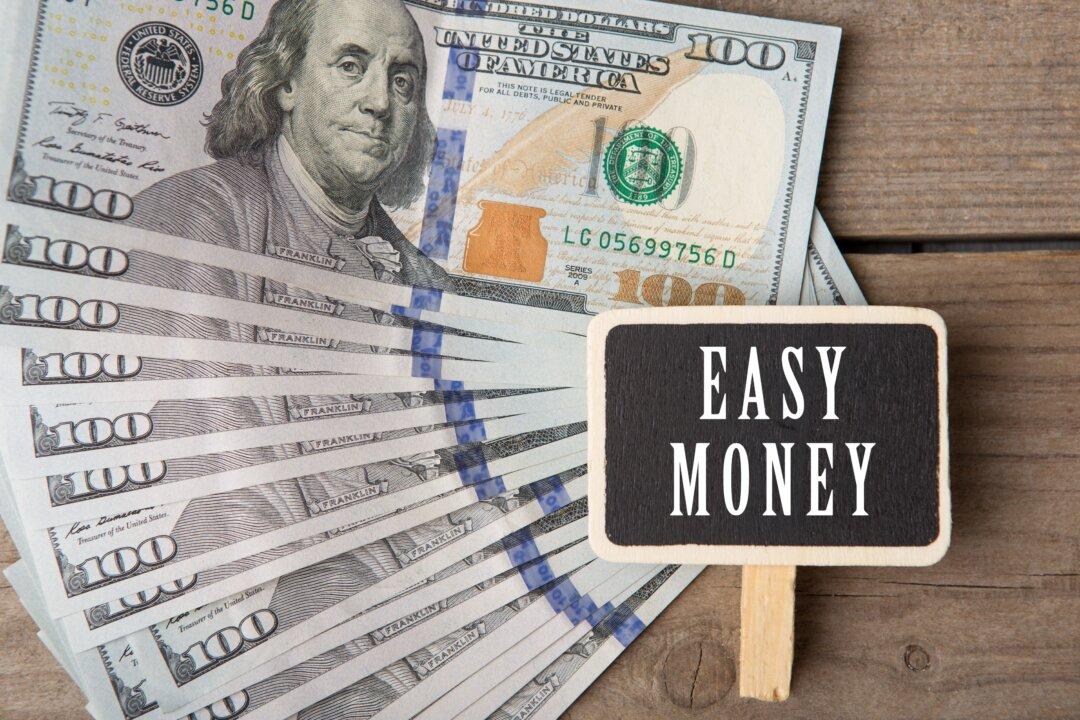You may not realize it, but most of us have multiple sources of income. For example, the contributions you’re making to your retirement are earning interest will become a new income stream. These additional income sources will be in addition to your salary—and they will make all the difference in your standard-of-living—especially in retirement.
But, why not go a step further and generate even more income streams? It’s a surefire way to help you reach financial goals like paying off debt or purchasing a home.






